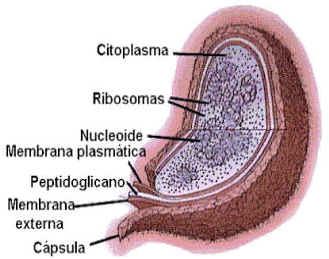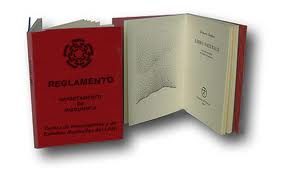 Methodology is understood as the set of guidelines and actions aimed at describing a problem. In general, the methodology is a section of scientific research. In this sense, the scientist starts from a hypothesis as a possible explanation of a problem and tries to find a law that explains it. Between the hypothesis and the final resolution, the scientist must follow a path, that is, a research method. And the study of methods is what is known as methodology. In other words, the methodology responds to the "how" of a study or research.
Methodology is understood as the set of guidelines and actions aimed at describing a problem. In general, the methodology is a section of scientific research. In this sense, the scientist starts from a hypothesis as a possible explanation of a problem and tries to find a law that explains it. Between the hypothesis and the final resolution, the scientist must follow a path, that is, a research method. And the study of methods is what is known as methodology. In other words, the methodology responds to the "how" of a study or research.
The concept of methodology is typical of science. However, it is usually applied in non-scientific contexts (there is a methodology related to games, sports, the organization of work or the teaching of a subject).
Basic sections and recommendations
In practice, a scientific methodology is put into operation in different stages. First, a bibliographic review stage. Then comes a field stage, a laboratory stage, an information processing stage and, finally, an analysis and results stage.
Applying a methodology implies following an order of action, for which it is advisable to comply with a series of recommendations: define the list of tasks to be carried out, determine a sequence or order of execution, establish a duration of the different actions and define each goal or objective .
There are three main paths in most research: the inductive, the deductive, and the hypothetico-deductive.
Inductive method
 It is based on the collection of particular information in order to draw a general conclusion. This method has the following stages: observation and recording of the facts, analysis and classification of the facts, and inductive derivation of a generalization from the facts (also known as inductive inference). An example of inductive reasoning would be the following: whenever I hit the iron it heats up, whenever I hit the copper it heats up, whenever I hit the steel it heats up and, in conclusion, I consider that most likely all metals get hot when hit.
It is based on the collection of particular information in order to draw a general conclusion. This method has the following stages: observation and recording of the facts, analysis and classification of the facts, and inductive derivation of a generalization from the facts (also known as inductive inference). An example of inductive reasoning would be the following: whenever I hit the iron it heats up, whenever I hit the copper it heats up, whenever I hit the steel it heats up and, in conclusion, I consider that most likely all metals get hot when hit.
Deductive method
The deductive method is based on the idea that the conclusions obtained in an investigation are implicit in the premises. In other words, if the premises are true, the conclusions will necessarily be true as well. This method goes from the general to the particular and is the antithesis of the inductive approach. An example of deduction as a form of reasoning would be the following: my uncle Andrés's children have the same name as their father, and therefore my uncle's children are called Andrés.
Hypothetical-deductive method
According to this method, science does not start from observation, since sensitive data are not adequate to build hypotheses. The starting point of this method is the observation of a phenomenon, followed by a provisional hypothesis that explains said phenomenon, then comes the deduction of the consequences and the verification of the deduced statements, which are contrasted with experience. This method involves a combination of purely rational reflection (the proposition of the hypothesis and the consequent deductions) and empirical observation (the moment of verification).

The Polya method, another way of approaching an investigation
The methodology as an approach that establishes a guide in the investigation has been enriched with the contributions of theorists such as George Polya. This 20th century Hungarian mathematician proposed a method based on four sections:
1) Understand the problem properly.
2) Come up with a plan to solve the problem.
3) Execute an action plan.
4) Examine the solution obtained.
Photos: iStock - shironosov / feelmysoul









